Opening the “Black Box”: Exploring board decision making in non-profit sport organizations operating in a multi-level governance system
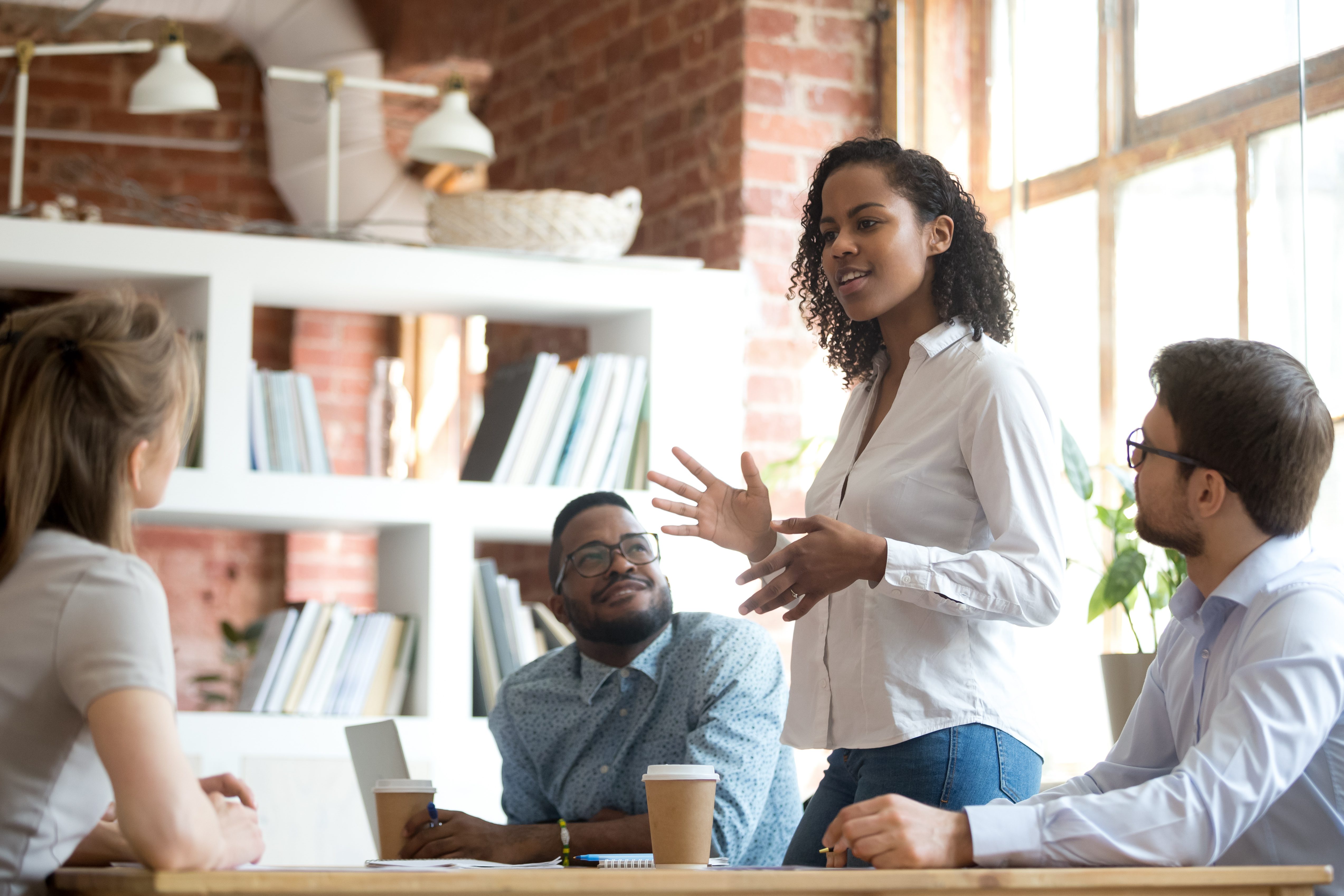
Project summary A central group responsible for the effective governance of non-profit sport organizations (NPSOs) and systems is the board of directors (Board). This group has the formal power and authority within an organization for which a central activity is to make decisions. Despite the need for decisions to be made, knowledge on this central…
Climate change and the future of the Winter Olympic Games: Athlete and coach perspectives
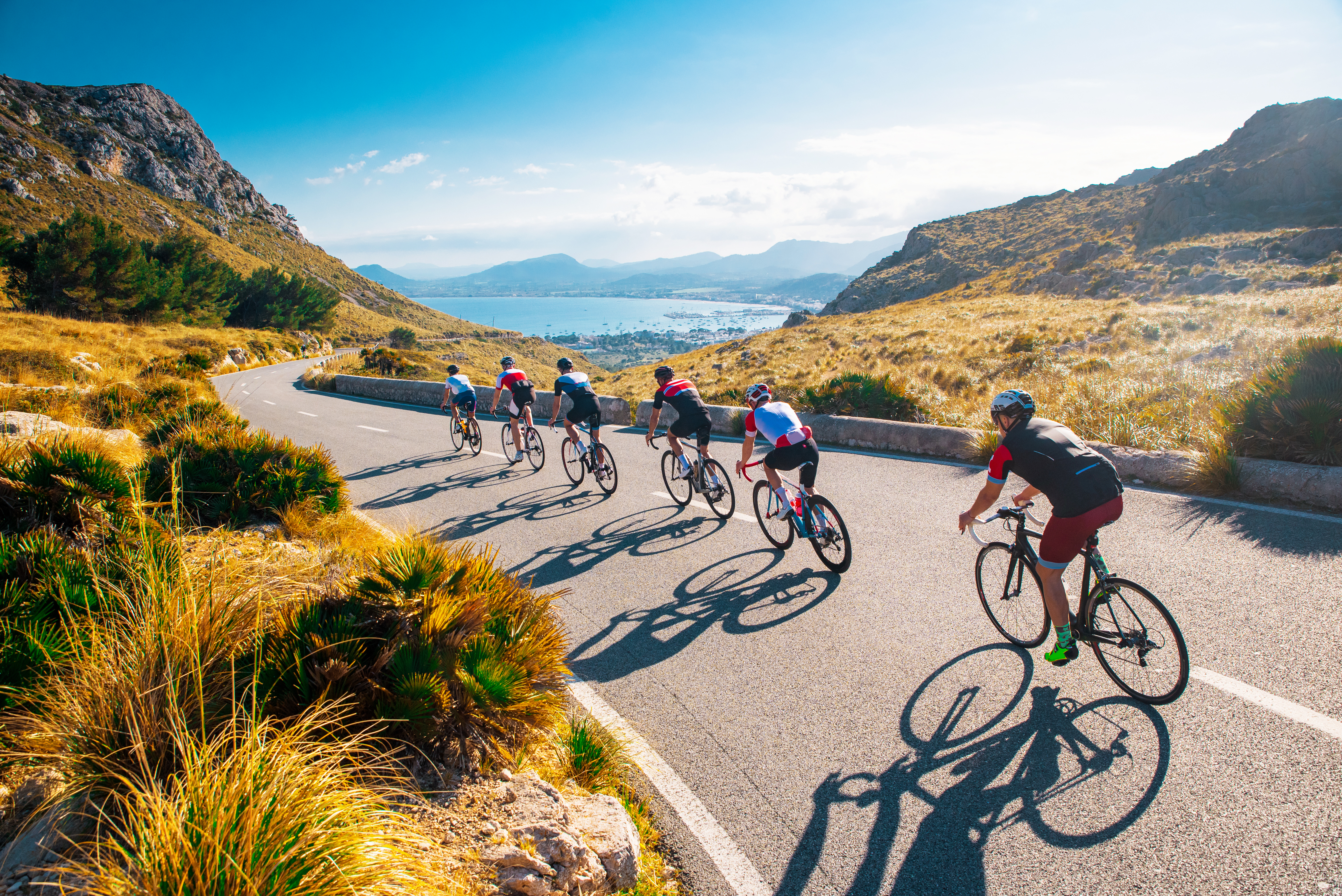
Project summary The International Olympic Committee recognizes the risks climate change pose to the Games and its responsibility to lead on climate action. Winter is changing at the past Olympic Winter Games (OWG) locations and an important perspective to understand climate change risk is that of the athletes who put themselves at risk during these…
Sport participation among adolescents with a history of child maltreatment
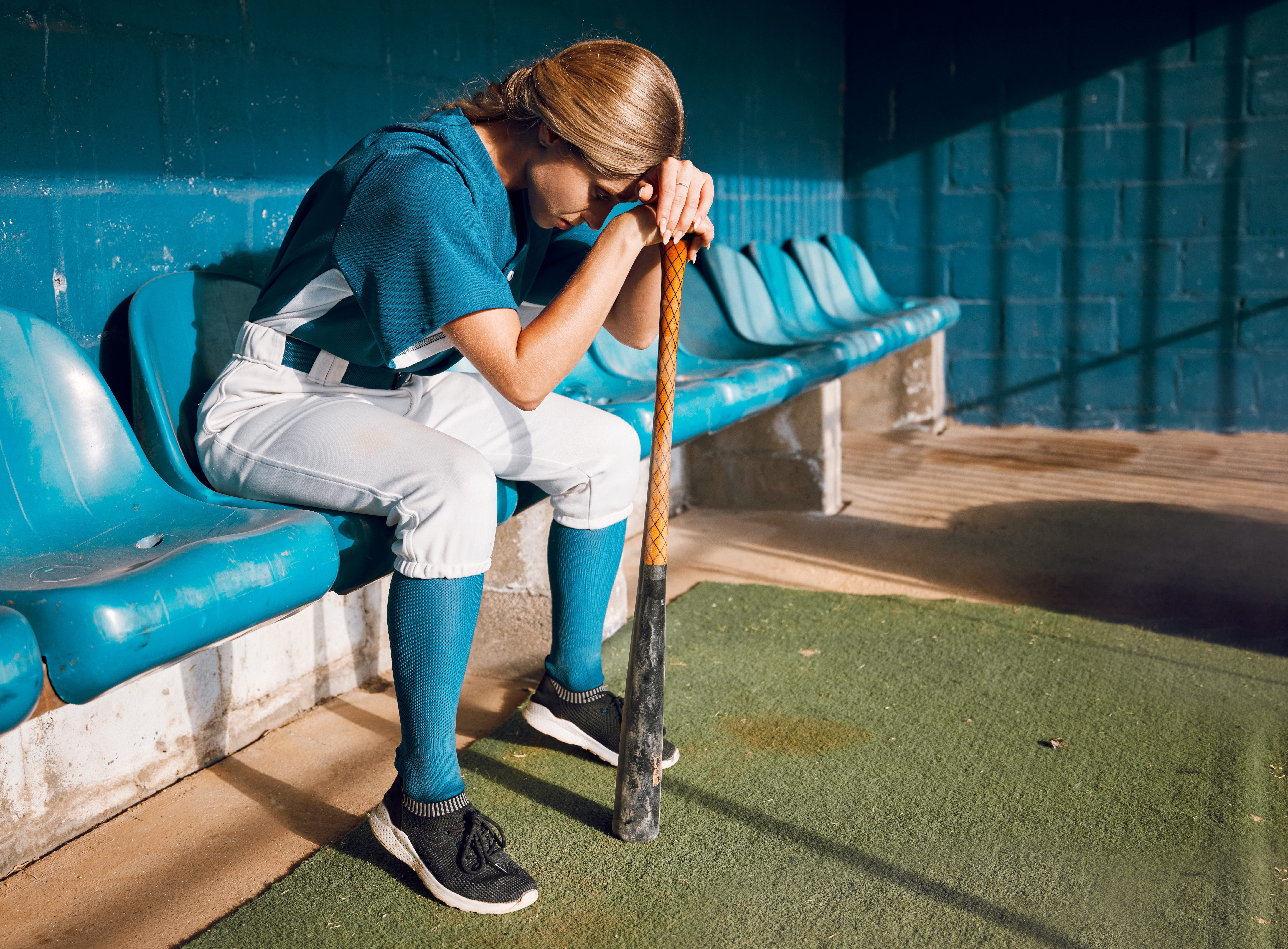
Project summary The prevalence of child maltreatment is overwhelming: a third of the Canadian population has endured at least one form of child maltreatment (Afifi et al., 2014). This includes sexual, physical, and emotional abuse, exposure to inter-parental violence, and neglect (WHO, 2016). Considering the deleterious and long-lasting consequences of child maltreatment (Dion et al.,…
Immigration, integration, and intersectoral partnership: A critical examination of introductory winter sport programmes for newcomers to Canada
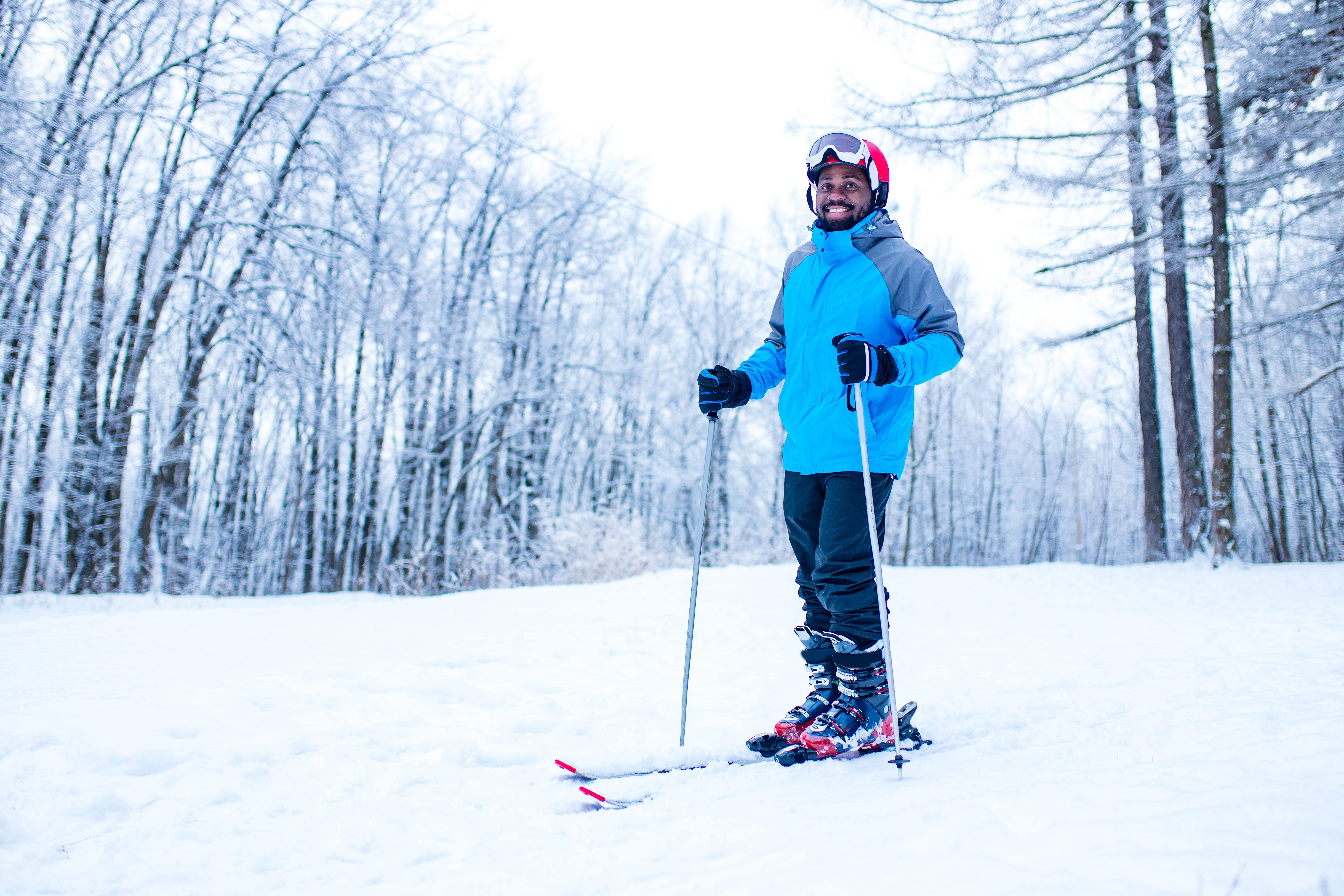
View the summary of this research here. Project summary The objectives of this project were threefold: This project was based in Calgary, Alberta, Canada. I co-designed the WNP with intersectoral community partners from WinSport (a community-based sport facility) and Center for Newcomers and Calgary Immigrant Women’s Association (two Calgary-based settlement services organizations). Our aim was…
The psychology of recovery among endurance athletes
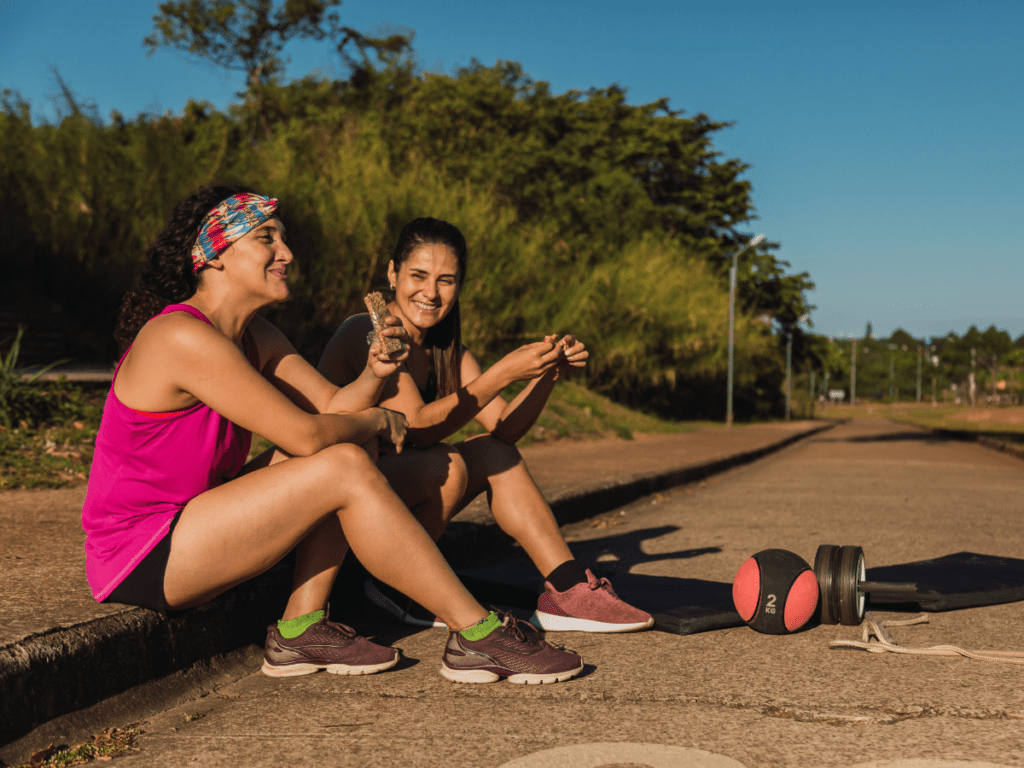
View the summary of this research here. The development of sport performance takes a lot of hard training, and all that training also takes equal amounts of recovery. Recovery is about restoring performance capability after facing stress in various ways, mentally, physically, and socially (Kellmann et al., 2018). Sufficient recovery compensates for stress and spurs…
The prospective contribution of sport and active leisure to student academic and psycho-social success from kindergarten to high school
Introduction and context Only 8% of school age Canadian students meet the recommended daily goal of ≥ 60 minutes of moderate-to-vigorous physical activity. Youth mental health problems have doubled over the past two decades. As family life represents a primary vehicle for child growth and development, lifestyle movement habits are learned in early childhood. As such,…
Nature Games: Traditional Indigenous Games and Environmental Stewardship in Oceania
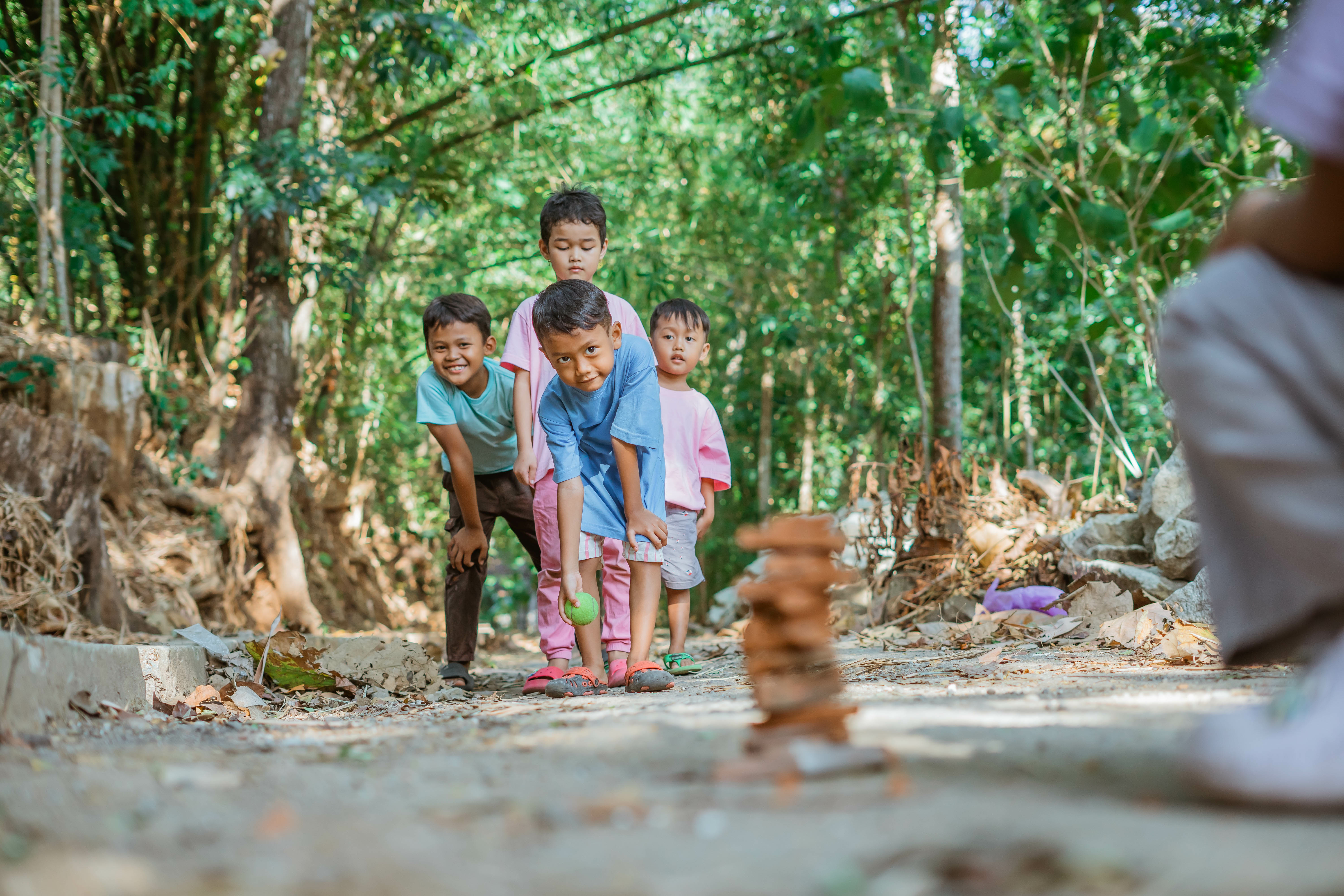
Introduction and Context My project was about understanding the development of environmental stewardship through gameplay in Indigenous societies. The South Pacific has many similarities to Canada in terms of Indigenous-settler relations, colonial histories and a resurgence in reconciliation efforts, and an onus on climate action via grassroots engagement. Indigenous traditional games – played in nature, with…
Identification of “sleeping” talent in elite ice-hockey using psychological characteristics
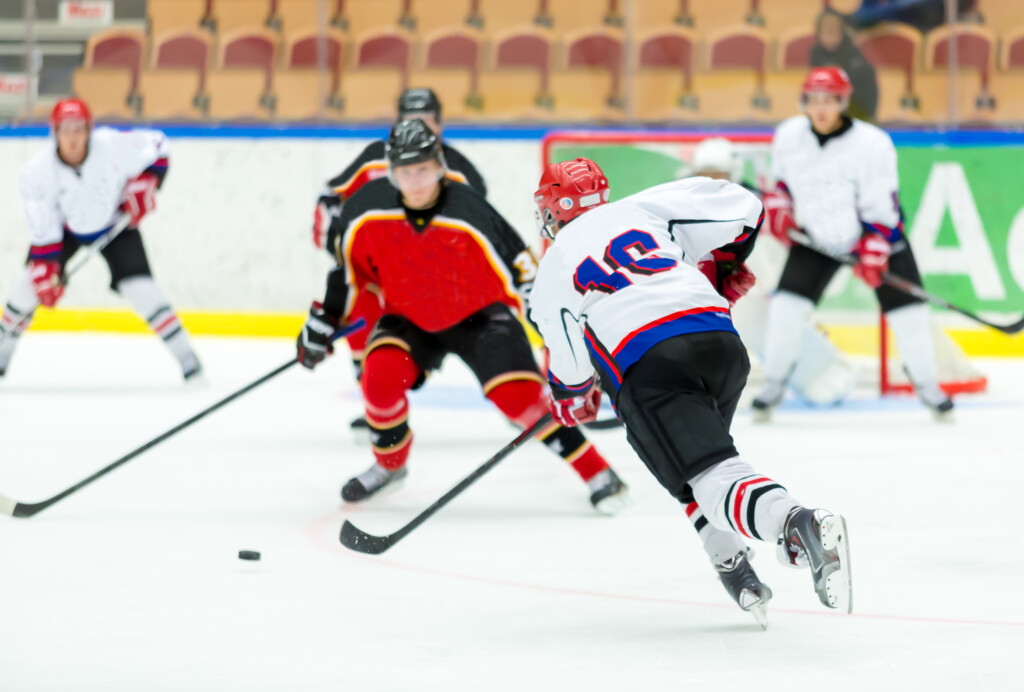
In sports, some athletes currently under-perform compared to others, but end up excelling later in life, while some who currently perform well, end up under-performing later on. In other words, current performance is not necessarily a good predictor of potential in sports. This makes it a major challenge for scouts, who are responsible for spotting…
A sociocultural analysis of adaptive skateboarding and wheelchair motocross
View the summary of this research here. This study explored physically disabled skateboarders and wheelchair motocross (WCMX) riders’ experiences with the skateboarding community, online (on Instagram), and within skatepark settings. It aims to add to the growing research on physically disabled peoples’ participation in adaptive sports, giving insight into their experiences in the informal, adaptive…
Settler colonial sport venues: An Edmonton/Amiskwaciy history
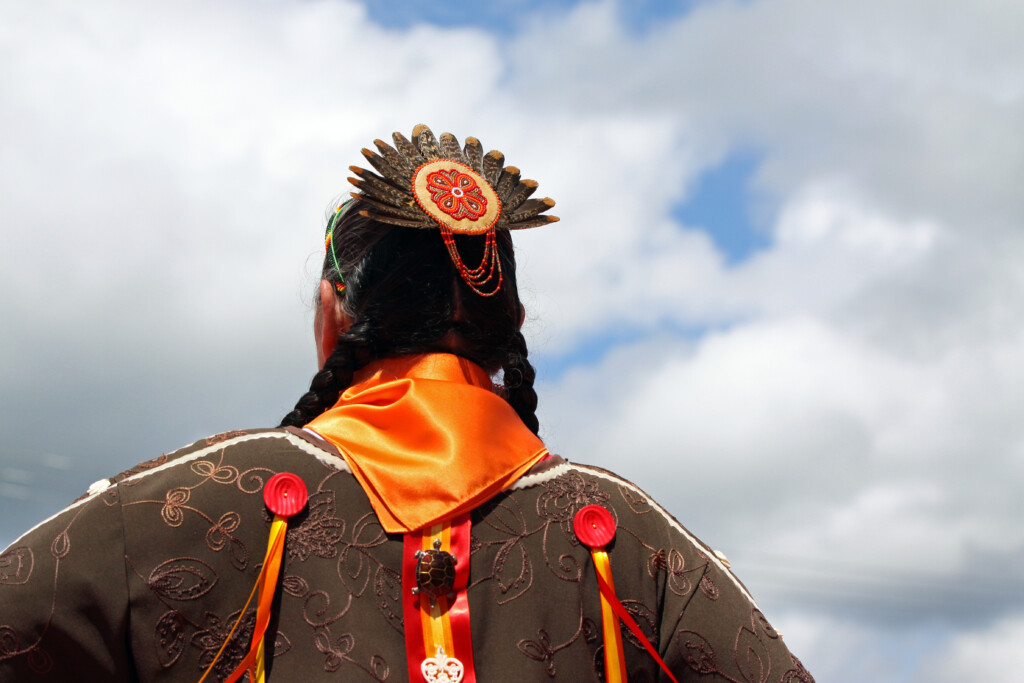
‘Settler Colonial Sport Venues’ explores the settler histories of sporting places, and the role settler athletic venues have played in colonization and carcerality. It aims to challenge the idea that building sports facilities is always positive, showing instead how these places have often contributed to the ongoing dispossession and erasure of Indigenous peoples. For this…